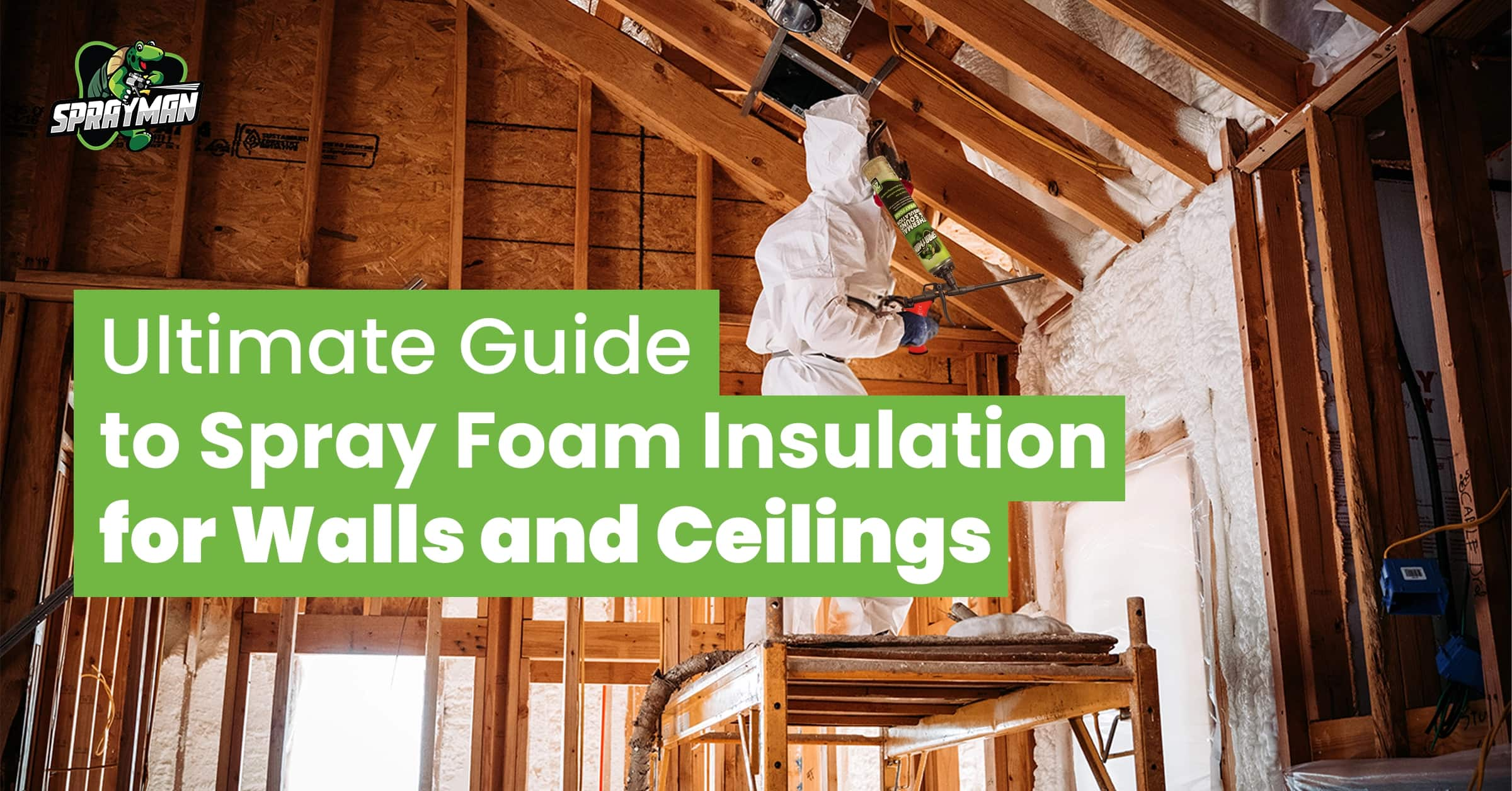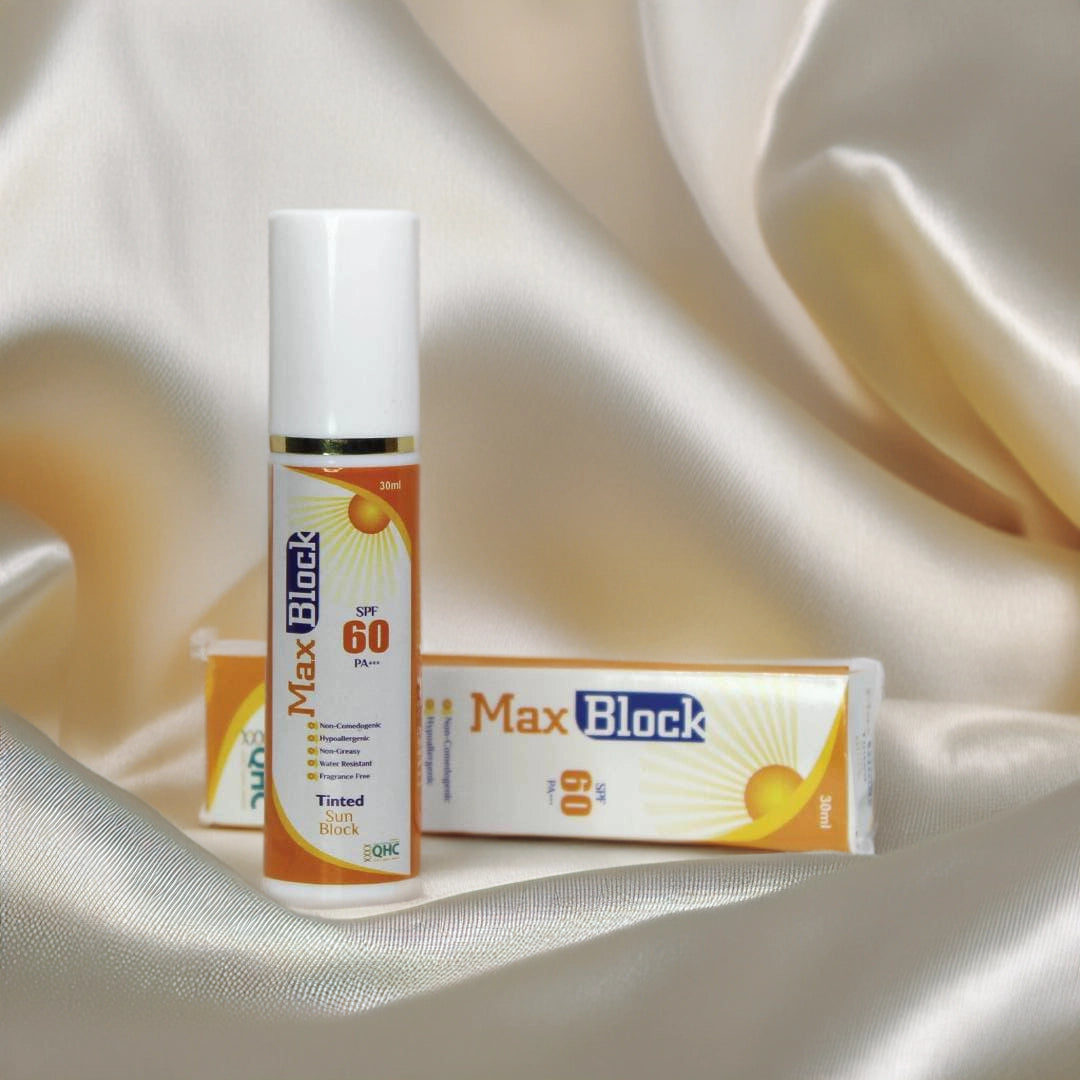Are you looking to make your home more energy-efficient? One of the best ways to save on heating and cooling costs is by upgrading your insulation. A top choice for homeowners? Spray foam insulation. It offers fantastic insulation power and can fit almost any space, bringing both comfort and savings to your home.
What is Spray Foam Insulation?
Spray foam insulation is a flexible material that expands to fill gaps and cracks, making it ideal for sealing up every nook and cranny. It’s made from a mix of chemicals that create a foam when sprayed. This foam hardens quickly, forming a barrier that blocks air, moisture, and even sound. With options like open-cell or closed-cell foam, spray foam can be customized to meet your home’s insulation needs.
Why Choose Spray Foam Insulation?
When it comes to home energy Savings with Spray Foam insulation, spray foam stands out for its effectiveness and durability. It seals tightly, helping keep warm air in during winter and cool air in during summer. Plus, spray foam insulation can increase your home’s structural integrity, especially with closed-cell foam. It’s a wise, long-term investment that can reduce energy costs year-round.
Benefits of Spray Foam Insulation
Wondering why so many homeowners are choosing spray foam insulation? Here are just a few reasons:
- Energy Efficiency: Spray foam insulation reduces air leakage, which helps maintain a consistent indoor temperature. This means less work for your heating and cooling systems, resulting in lower energy bills.
- Moisture Resistance: Spray foam creates a moisture barrier, protecting against mold and mildew growth. It’s perfect for basements, attics, and other damp-prone areas.
- Soundproofing: Want a quieter home? Spray foam insulation absorbs sound, making it a great choice for reducing noise between rooms.
- Improved Indoor Air Quality: By sealing gaps, spray foam prevents allergens, dust, and pollutants from entering your home. Better insulation leads to cleaner, healthier air.
- Longevity: Unlike traditional insulation, spray foam doesn’t sag or degrade over time. It provides lasting insulation for decades.
Types of Spray Foam Insulation
Spray foam insulation comes in two main types:
- Open-Cell Foam: This type is softer and more flexible, allowing some air and moisture to pass through. It’s great for interior walls and soundproofing.
- Closed-Cell Foam: This dense foam is excellent for outdoor applications and areas needing moisture resistance. It provides a solid, airtight seal and even adds to your home’s structural strength.
Both types have unique benefits, so choosing one depends on where you’re applying it and your insulation goals.
How to Use Spray Foam Insulation Effectively
Spray foam is versatile and can be used throughout your home. Here’s how it works best:
- Attics and Roofs: Spray foam prevents hot and cold air from escaping, making your attic more energy-efficient.
- Walls: Insulating walls with spray foam not only keeps rooms comfortable but also reduces noise.
- Basements and Crawl Spaces: These areas are prone to moisture. Spray foam insulation seals them up, keeping them dry and mold-free.
- Around Doors and Windows: Spray foam is great for sealing gaps around doors and windows, blocking drafts and improving overall energy efficiency.
Why Spray Foam Insulation Fits Any Home
Whether your home is new or old, large or small, Professional Spray Foam Installation is a versatile choice. It conforms to your home’s unique spaces, providing a tight, custom fit. And because it’s available in both open- and closed-cell varieties, spray foam adapts to various insulation needs, from soundproofing rooms to waterproofing basements.
Keeping Your Spray Foam Insulation in Top Shape
Once installed, spray foam insulation requires minimal maintenance. However, here are some tips to keep it performing well:
- Check for Damage: Occasionally inspect areas for any damage, particularly after extreme weather. If you spot any, get it repaired quickly to maintain insulation efficiency.
- Keep Dry: Closed-cell spray foam is moisture-resistant, but keep your home well-ventilated to avoid mold in surrounding areas.
- Avoid Harsh Cleaners: If you need to clean around spray foam, use gentle cleaners to prevent chemical reactions that could damage it.
Things to Consider When Choosing Spray Foam Insulation
Before going ahead with spray foam insulation, consider your home’s specific needs. Think about areas with the most heat loss or drafts, and decide if you need moisture resistance. Also, remember that spray foam is an investment. While it may cost more upfront than other options, the long-term savings on energy bills make it worth it.
Finding Spray Foam Insulation Services in Jacksonville
If you’re ready to enhance your home with spray foam insulation, look no further than Insulation Pros in Jacksonville. Our experienced team can help you choose the right type of spray foam for your space, ensuring maximum efficiency and comfort. Visit our website or contact us today to discover how spray foam can make a difference in your home.
Conclusion
Upgrading to spray foam insulation is one of the smartest moves you can make for your home’s comfort and energy efficiency. Whether you choose open-cell or closed-cell foam, this insulation type offers unbeatable performance. It’s versatile, durable, and helps cut down on heating and cooling costs. Ready to insulate your home better? Consider spray foam insulation—it’s a choice that pays off for years to come.




